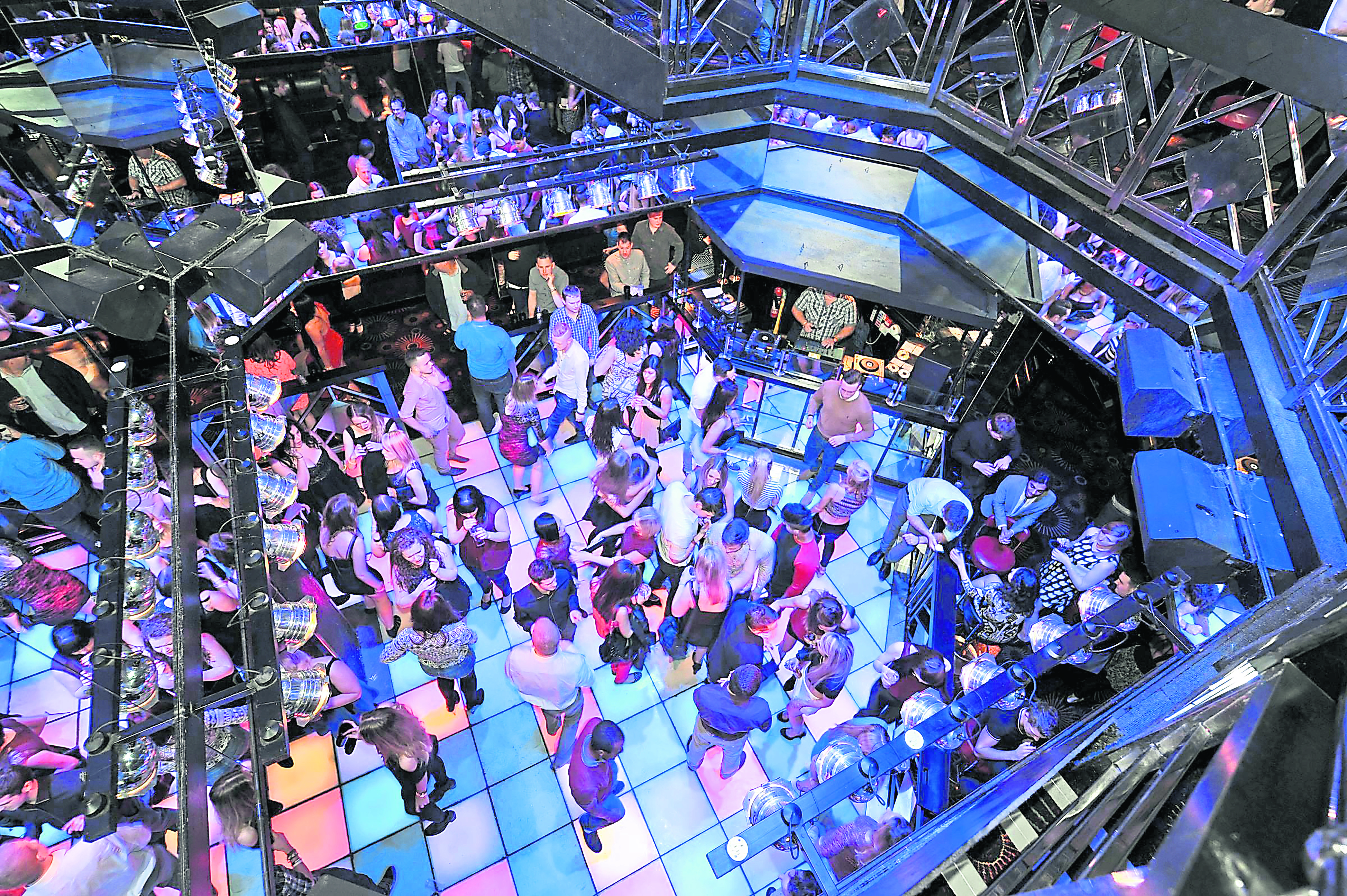Kingston’s nightclubs and late night bars risk tough new restrictions after claims that the town centre has become a no-go area for residents because of the clubbers’ antisocial behaviour.
Neighbours have complained that revellers had sex, vomited and urinated in public.
Kingston councillors will review the town’s nightlife policy with plans to introduce draconian restrictions such as limiting opening hours and cracking down on venues where there is serious trouble.
Lib Dem councillor Jon Tolley, who owns Banquet Records and organises the New Slang nights at Hippodrome, said Kingston’s clubs were “ready for something quite drastic”.
Councillor Phil Doyle, chairman of Kingston Council’s licensing committee, said changes would help target antisocial behaviour that had left some older residents “scared to go into the town at night”.
“I don’t think the antisocial behaviour, most of which is caused by clubbers who have been drinking, is being challenged enough,” he said.
“Some residents are scared to walk through the town centre at night.
“Residents near the university have found themselves woken up by people making noise and urinating in gardens.”
He told the Kingston Guardian: “I think we need to be encouraging wine bars to come to the town centre rather than late-night, alcohol-led venues.”
Last week Kingston’s newest club Viper Rooms – which replaced McCluskys – had its licence suspended after an attack on two Frenchmen, described by senior police as one of the worst in three decades.
It comes after a series of serious incidents in Kingston town centre, including a man stabbed to death at Oceana 2012 and a customer glassed in Barcadia almost two years ago.
In order to secure public safety, representative group Kingstonfirst implemented a policy for which people who are banned in one club will not be able to access any other venues thanks to ID scanners.
Tolley said he strongly opposed changes to clubs’ licensing conditions as he believed that night-time venues were fundamental to the economic, social and cultural growth of the town.
The councillor said: “People value Kingston’s heritage really highly but I don’t really care about that, I think that social welfare and night-time music events are more important and if the council doesn’t include that in its agenda then that’s wrong.”
Tolley said the committee should not punish the town for the acts of an “idiot who shouts and screams” on the way to Pryzm, but that firm actions should be taken against the single individual only.
“We have to make sure that the minority doesn’t ruin it for all,” he said. “We will throw the baby out with the bathwater if we’re so focused on halting antisocial behaviour that we stop all social behaviour in the process.
“It’s about striking a balance between residents’ and young peoples’ needs. We have to make sure that a five-year-old can sleep and that people don’t find vomit on their doorstep when they wake up.”
A spokesperson for Pryzm and Hippodrome said that the bars’ and clubs’ contribution to the local economy was being “overlooked”, as they employed hundreds of people and were a “major attraction for students”.
“There’s no doubt that more restrictions on opening hours will have a detrimental impact on Kingston and its ability to attract a wider student population.”
The two clubs said it was a “shame” they were being targeted, as they tirelessly worked with the council and police to minimise anti-social behaviour and provide a “safe and welcoming” environment for people on nights out.
“This includes providing street wardens to assist with noise disorder and paying for litter patrols after closing.”
No proposed changes have been announced yet but the licensing committee will hold its annual review in January.
John Ayres, another Lib Dem councillor who is part of the licensing committee, said there was a “general assumption that the Conservatives want to bring forward closing times for licensing premises in Kingston”.
Ayres said that restricting licences did not solve the wider public health issue of young people drinking too much, adding that “antisocial behaviour doesn’t only come from clubs”.
“Kingston is a university town which brings many benefits to the community and if it is to remain so then we have to provide clubs and venues for students to enjoy,” he said.

